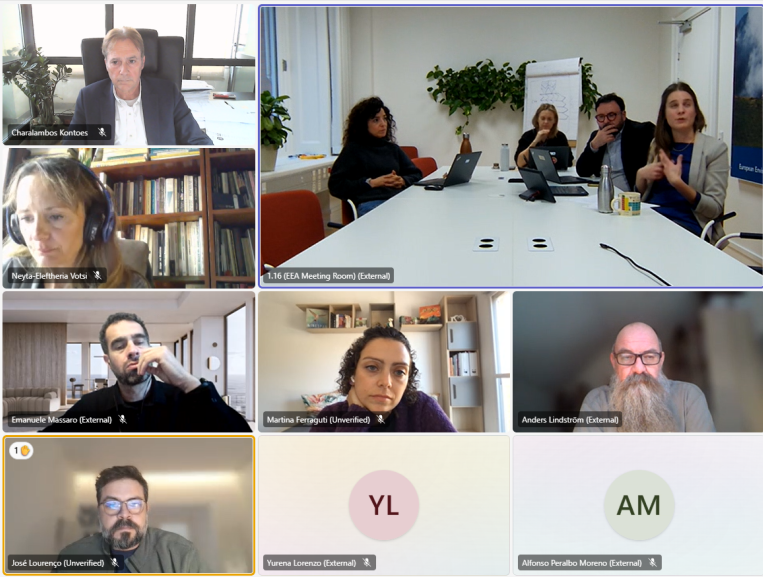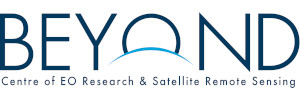
Experts from across Europe convened on 20 November for an online workshop entitled: “Nature Restoration and Disease Vectors” dedicated to understand how ecosystem conservation and restoration influence the spread of vector-borne diseases—an increasingly urgent topic under the new EU Nature Restoration Regulation. The event, hosted by the European Environment Agency (EEA), brought together leading experts researchers, including Dr. Haris Kontoes, Research Director at the BEYOND Center of IAASARS/NOA (Greece), to exchange knowledge, identify gaps and inform future policy directions.
The workshop opened with remarks from EEA outlining the Agency’s growing interest in integrating ecological health with public-health risk assessments, highlighting the Workshop’s objectives and introducing EEA’s on-going work on the role of ecosystem conservation and restoration measures in vector-borne disease risks. Dr. Nefta Votsi followed with a scene-setting overview to frame the expert discussions.
BEYOND Center Showcases EYWA, a key weapon in the epidemics arsenal
A central highlight of the workshop was the presentation by Dr. Haris Kontoes, Research Director at the BEYOND Center of IAASARS/NOA (Greece). His presentation, “Earth Observation-based Modelling and Forecasting,” demonstrated how EYWA, a Greek cutting-edge satellite remote-sensing system developed by BEYOND Center, can monitor ecological conditions relevant to vector proliferation.
Winner of the prestigious €5 million EIC Horizon Prize on Early Warning for Epidemics, EYWA uses satellite data and intelligent models to predict where mosquitoes will thrive and where diseases like West Nile virus, Dengue or Malaria may appear, enabling epidemiological and entomological modelling and forecasting of vector-borne disease transmission risk.
The system already supports several European countries and is expanding to Africa, Asia and Latin America, offering vital help to regions most affected. Dr. Kontoes also highlighted EYWA’s integration into Europe’s “DestinE” initiative, showing how this technology is becoming a powerful global tool for early warning and public health protection.
His overall intervention underscored the growing value of space-based environmental intelligence in supporting operational monitoring and public-health preparedness.
See the presentation here.
Examining the Ecology of Disease Vectors
The program included expert presentation from Anders Lindström of the Swedish National Veterinary Institute, who presented insights on mosquito vectors and ecosystems. His talk emphasized how natural habitats and landscape conditions influence mosquito population dynamics and how national surveillance programs are adapting to these ecological changes.
Next, Dr. Matina Ferraguti of the Doñana Biological Station (EBD-CSIC, Spain) addressed how habitat disruption and land-use change are reshaping disease ecology—altering wildlife-vector interactions and potentially accelerating the emergence of new transmission hotspots.
Shaping Future Research and Policy
The expert presentations were followed by a 40-minute open discussion moderated by the EEA, addressing key knowledge gaps, future research needs, and implications for EU-level strategies. The workshop concluded with reflections on next steps and opportunities for collaboration under the evolving regulatory framework.
Related event info: Agenda Workshop
Discover more about EYWA
